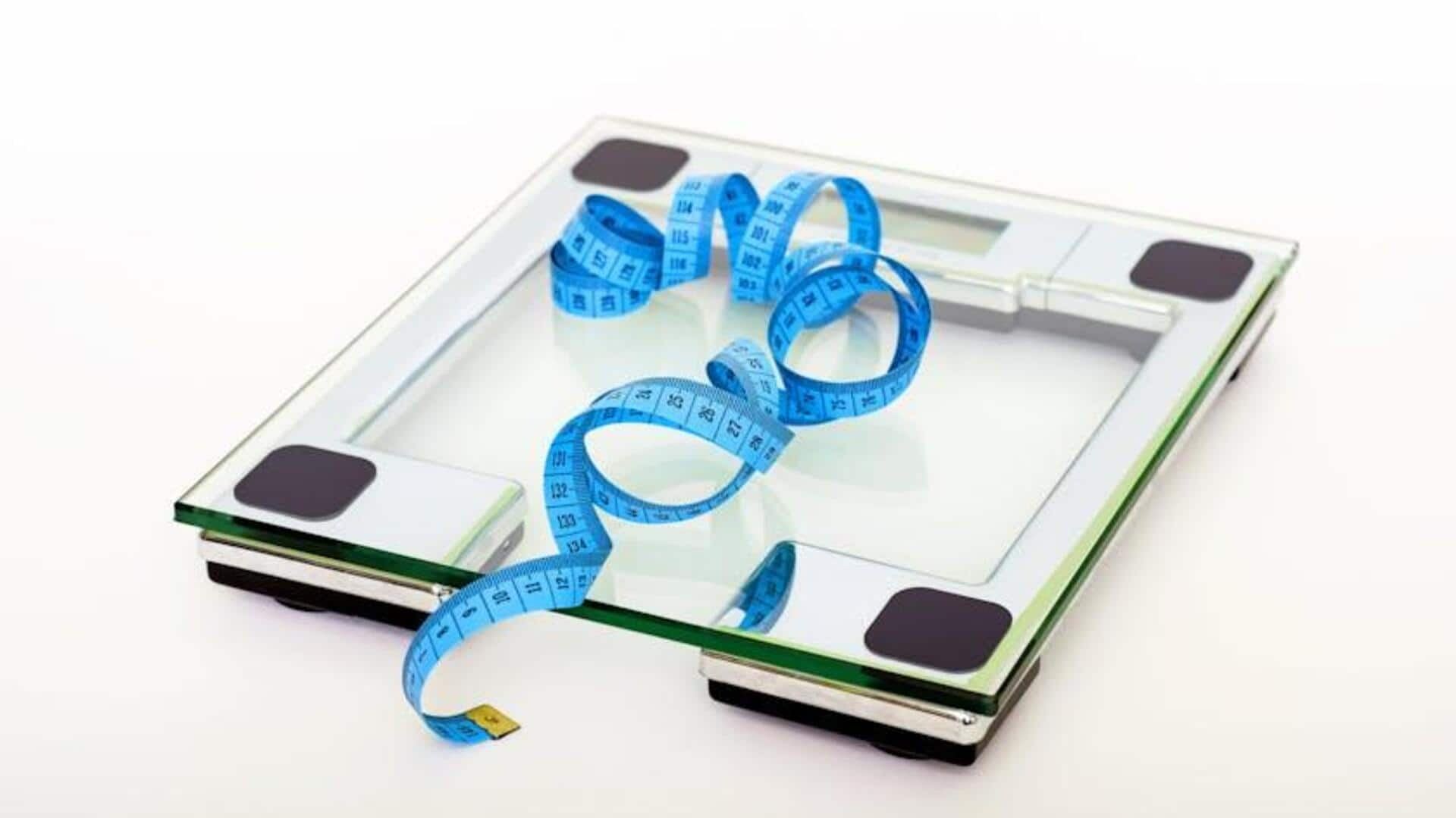
Clean eating and weight loss: Myth v/s facts
What's the story
Clean eating is synonymous with weight loss, but the link isn't always direct. While clean eating is all about eating whole, unprocessed foods, it doesn't necessarily mean you'll be shedding pounds. Several factors come into play when it comes to weight loss, such as portion sizes, total calorie intake, and your metabolism. Here's what you need to understand to know why clean eating alone wouldn't help.
#1
Portion control matters
Even when eating healthy, portion control is key when it comes to weight management. Overeating any kind of food can lead to you consuming more calories than required, which may sabotage your weight loss goals. Being mindful of serving sizes and mindful of hunger cues are key practices for anyone looking to lose weight while following a clean eating plan.
#2
Caloric density counts
Caloric density refers to how many calories are there in a given volume/weight of food. Some clean foods such as nuts and avocados are calorically dense (high in calories) even when they are nutritious. Eating them in large amounts can lead to a higher caloric intake than you would have thought. Balancing out high-calorie healthy foods with low-calorie ones can help you manage your weight better.
#3
Metabolism variations
Individual metabolic rates are different from person to person, which affects how efficiently the body burns calories. Age, genetics, and activity level, all influence metabolism. As such, even with a clean diet, some may find it difficult to shed weight because of their unique metabolic rate.
#4
Exercise complements diet
Along with dietary changes, physical activity is an essential part of any successful weight loss program. Exercise helps burn calories and build muscle mass, which can increase metabolism over time. Including regular physical activity into daily routines adds on to the benefits of clean eating by promoting overall health and supporting long-lasting weight management goals.